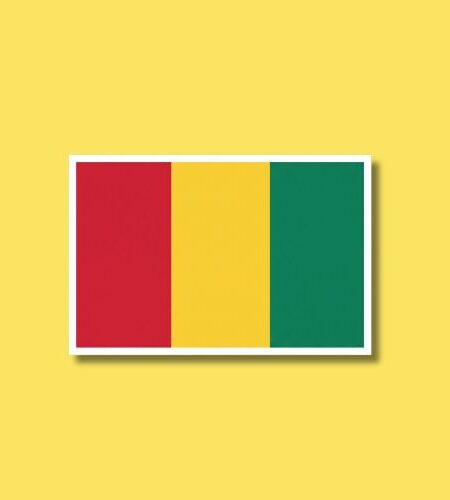Guinea Independence Day is observed October 2 each year. It commemorates Guinea’s independence from France in 1958, when it became a sovereign republic under the leadership of Ahmed Sékou Touré.
Table of Contents
History of Guinea Independence Day
Before 1958, Guinea was part of French West Africa and subject to French colonial rule. During the 1950s, a strong independence movement emerged, led by political figures who pushed for full autonomy rather than more limited self-rule. When given a choice in a 1958 referendum, Guinea voted overwhelmingly to reject membership in the French Community, deciding instead to become fully independent.
On October 2, 1958, Guinea officially declared itself an independent republic, marking a turning point in the decolonization of French Africa. Since then, this day has been celebrated in Guinea as a public holiday, with patriotic ceremonies, speeches, cultural events, and widespread national pride.
Why is Guinea Independence Day important?
Independence Day in Guinea carries deep emotional and political significance. It’s a day when people remember the courage and vision of those who risked much to stand for self-determination, to choose their own path rather than accept colonial rule. This holiday reinforces national identity, reminding citizens of shared history and the cost — personal and collective — of freedom.
Also, it’s a moment to reflect not only on past achievements but on the present challenges and aspirations of the country. Independence doesn’t mean perfection — there are social, economic, and governance issues that still demand attention. This holiday offers a chance for unity, renewal of hope, and a recommitment to ideals of sovereignty, justice, and progress.
- because it honors the leaders and people who fought for full independence
- because it strengthens national pride and shared identity
- because it is a reminder that freedom came at a cost
- because it prompts reflection on current issues and future goals
- because it unites people in celebration and commitment
How to Celebrate Guinea Independence Day
Celebrations include flag-raising ceremonies, official speeches, parades, music and dance performances, and cultural festivals across the country. Families and communities gather to enjoy national dishes, wear clothes in the national colors, and share stories of patriotism or of family members who lived through the colonial period.
Schools often use the day to teach students about Guinea’s history, its leaders, and the significance of independence. There may also be exhibitions, art, poetry, or other cultural expressions that help younger generations connect with the country’s past.
- attend the flag-raising or local official ceremonies
- wear the national colors or symbols of Guinea
- share special meals or traditional foods with friends and family
- learn or tell stories about independence and national history
- enjoy music, dance, art that celebrate Guinea’s culture
Guinea Independence Day Dates Table
| Year | Date | Day |
|---|---|---|
| 2025 | October 2 | Thursday |
| 2026 | October 2 | Friday |
| 2027 | October 2 | Saturday |
| 2028 | October 2 | Monday |
| 2029 | October 2 | Tuesday |
Subscribe to our newsletter and never miss a holiday again!

